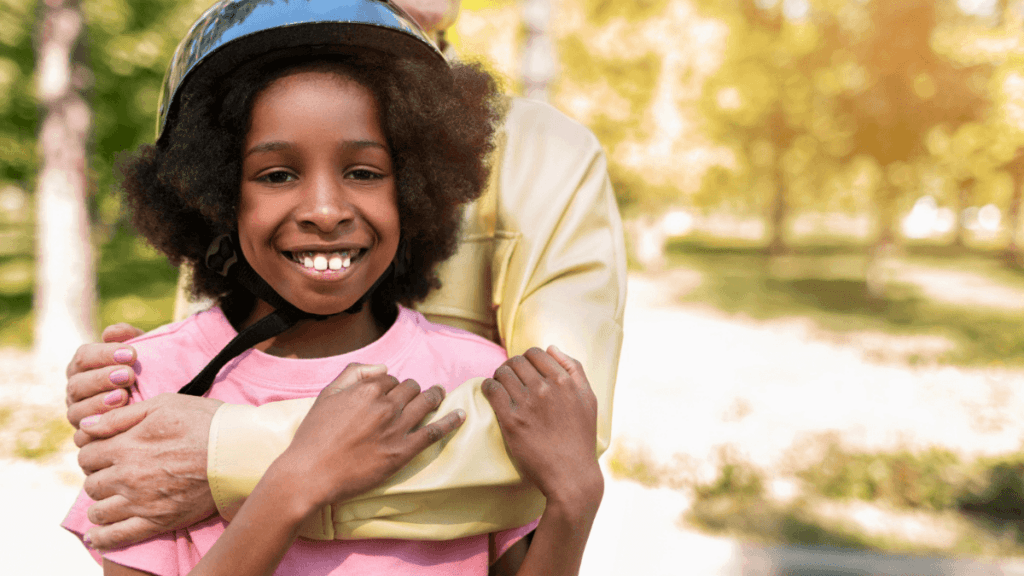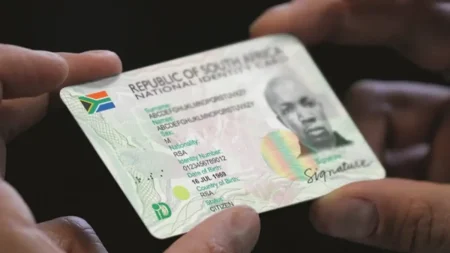As the school holidays approach, many parents are excited about the break but may also feel a little anxious about keeping their children safe. Whether it’s during the summer break, winter holidays, or a shorter break in between, it’s essential to ensure that your children stay safe while enjoying their time off. From outdoor adventures to relaxing days at home, there are a variety of risks that come with the school holidays. With a little planning and awareness, you can make sure your children have fun and stay safe during their time away from school.
In this guide, we’ll explore practical tips and strategies to help parents keep their children safe during the holidays, addressing common safety concerns related to outdoor activities, travel, social interactions, and more.
1. Establish Clear Safety Rules to Keep Your Children Safe
Before the holidays begin, it’s important to sit down with your children and discuss safety expectations. Let them know about any rules or boundaries you’d like them to follow. These rules could include:
No going out without permission: Make sure your children understand that they need to check in with you before going out, even if they’re just going to the neighbor’s house.
Know emergency contact numbers: Ensure your children know how to contact you, other trusted adults, or emergency services in case of an urgent situation.
Avoid dangerous activities: Encourage children to stay away from risky behaviors like swimming in unsupervised areas or trying stunts on bikes or skateboards without proper gear.
These simple rules can provide a solid foundation for keeping your children safe during the school holidays.
2. Safe Play Areas for Younger Children to Keep Your Children Safe
For younger children, outdoor play is an essential part of the holiday fun. However, there are always risks when they’re playing outdoors. Whether they’re in your backyard or a nearby park, keeping them safe requires careful planning:
Secure your yard: Make sure your backyard is secure by checking gates, fences, and any potentially hazardous objects, like sharp tools, power lines, or open pools. If you have a pool, always ensure that the area is properly fenced off, and children should never be allowed in the pool without adult supervision.
Supervision is key: Always keep an eye on your younger children when they’re playing outdoors. Even if they’re in a familiar area like a park, there’s always a risk of an accident or someone with ill intentions.
Appropriate play equipment: Ensure that play equipment (such as slides, swings, and climbing structures) is age-appropriate, in good condition, and not too high for younger children to fall from.
By following these guidelines, you can keep your children safe while they have fun playing outdoors during the holidays.
Learn More: SA Emergency Numbers That Your Kids Should Know in Case of an Emergency
3. Cyber Safety: How to Keep Your Children Safe Online
With the rise of digital technology, children and teens often spend more time on their devices during the holidays. Whether it’s social media, video games, or chatting with friends online, the internet can present many dangers. Here’s how you can keep your children safe online:
Set screen time limits: Establish clear limits on how much time your children can spend on their phones, tablets, or computers each day. This will help them stay physically active and mentally engaged with other activities.
Educate about online dangers: Teach your children about the risks of sharing personal information, talking to strangers, and the importance of privacy settings on social media.
Monitor online activity: Keep track of the websites your children visit and the people they interact with. For older children and teens, you may need to have an open discussion about their online friends, apps, and the types of content they engage with.
Parental controls: Consider installing parental control software on your child’s devices. This allows you to limit access to inappropriate content and track their activities without being overly invasive.
By taking these steps, you’ll be able to keep your children safe while they enjoy their time online during the school holidays.
Learn More: How to Spy on your Kid’s Phone To Monitor Usage and Ensure Safety
4. Travel Safety: Keep Your Children Safe During Family Trips
During the school holidays, families often travel to visit relatives or go on vacation. While travel can be a fun and educational experience for children, it’s important to keep your children safe on the road.
Car safety: If you’re traveling by car, always ensure that your child is properly strapped into a child seat or booster seat that is appropriate for their age and size. Never allow your child to sit in the front seat unless they are over 12 years old. In addition, make sure to take regular breaks during long road trips to avoid fatigue.
Travel documents: If you are traveling abroad, make sure your child’s passport is up-to-date and that you have any necessary travel documents. For local trips, always carry identification and emergency contact information for your child.
Supervise in public places: Whether you’re at a theme park, airport, or on public transport, it’s crucial to keep a close eye on your children, especially in busy or crowded areas. Equip your children with a bracelet or tag with your contact information, in case they get lost.
By following these precautions, you can keep your children safe during family travels.
5. Stranger Danger: Teach Your Children How to Stay Safe
The school holidays may also involve more social events like family gatherings, neighborhood parties, or playdates with friends. It’s essential to remind your children of the importance of staying safe in social settings.
Stranger danger: Teach your children how to recognize potentially dangerous situations. Let them know to never go with someone they don’t know, even if that person claims to be a friend of the family.
Safe playdates: If your child is going on a playdate, make sure you know the family hosting it, and that the environment is safe. Arrange to pick your child up, and ensure they know how to contact you if something feels off.
Avoid risky behavior: If your child is old enough to attend parties or social events without you, establish clear rules about alcohol, drugs, and curfew. Monitor your child’s social media activity to ensure they’re not exposed to harmful influences or peer pressure.
Teaching your children about social interactions and boundaries is a key aspect of helping to keep your children safe during the holidays.
6. Health and Hygiene: How to Keep Your Children Safe from Illness
During the holidays, children tend to be less regimented about their routines. It’s still important to teach your children healthy habits to avoid illness and stay safe.
Handwashing: Teach your children the importance of washing their hands regularly, especially before eating, after using the bathroom, or after touching public surfaces. Consider carrying hand sanitizer if soap and water aren’t available.
Healthy eating: While school holidays may involve more snacks and treats, encourage a balanced diet of fruits, vegetables, and proteins to keep your child’s energy levels stable.
Stay hydrated: If the weather is hot, ensure your children drink plenty of water to stay hydrated and avoid heat-related illnesses like dehydration or heat stroke.
Bug and sun protection: If your children are spending time outdoors, use sunscreen to protect them from harmful UV rays and apply insect repellent to prevent bites from mosquitoes and ticks.
Maintaining good hygiene and healthy habits will help keep your children safe and healthy during the school holidays.
7. Emergency Preparedness: Keep Your Children Safe in an Emergency
Accidents and emergencies can happen anytime, and it’s essential to prepare both you and your children for unexpected situations.
Teach first-aid basics: Teaching your children basic first-aid skills, such as how to treat cuts or burns, can be very helpful in a minor emergency.
Emergency plan: Have a family emergency plan in place. This plan should include where to meet in case of a fire or natural disaster, as well as emergency contacts and procedures.
Know the local emergency numbers: Make sure your children know how to reach emergency services, whether they’re at home or traveling.
By having a well-thought-out plan and teaching your children basic safety skills, you can be better prepared for emergencies and keep your children safe.
Related: Essential First Aid Skills Every Parent Must Know
Keeping your children safe during the school holidays doesn’t have to be a daunting task. With some preparation, communication, and ongoing supervision, you can provide your children with a fun, safe, and enjoyable holiday. Safety should always be a priority, but it should never come at the cost of making lasting memories. By planning ahead and establishing safety routines, you can ensure that your children are well-protected while they enjoy their break from school.










